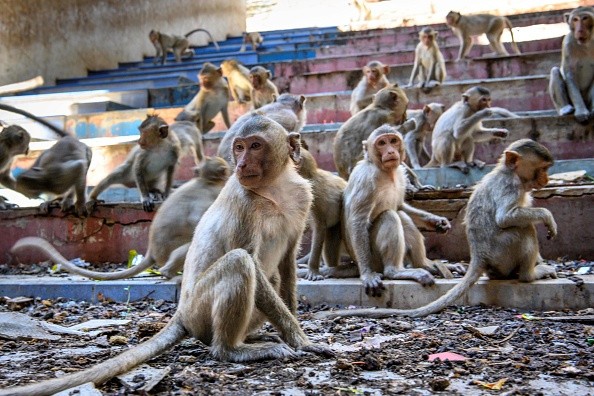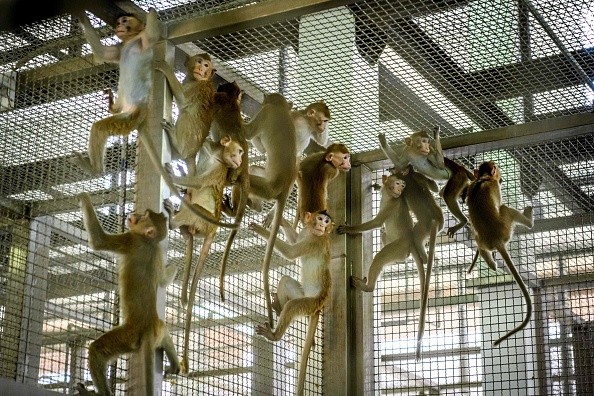According to a recent study done by experts at Georgia State University, being anxious about doing well on an exam may not be confined to humans. Even other primates like monkeys may display distressed behaviour under pressure.
The study, which was published in the journal Scientific Reports, observed tufted capuchin monkeys living in groups at Georgia State's Language Research Center.
It is said to be the first to look into whether other species are put under pressure to perform in a social setting.
Choking Under Pressure

When feelings of stress, concern, and anxiety combine to cause someone to perform worse than they typically would, "choking" under pressure is not mistaken with difficulties breathing.
While the concept of choking under stress may appear simple, its science is more sophisticated. Scientists believe that choking under pressure is caused by a form of memory known as working memory, which has a limited storage capacity for memories that we are actively thinking about or employing.
Working memory is involved in choking and how various areas of the brain connect, according to a report in Phys.org.
Comparing Brains
A computerized matching challenge was provided to the monkeys. Some trials were set to be more difficult, with a larger chance of a bigger reward and a timeout if the erroneous answer was given. In contrast, others were similar in difficulty to their routine computer activities.
When the difference in difficulty was removed, the researchers discovered a substantial variance in how individual monkeys responded to these trials, suggesting that the high-stakes cues were enough to influence performance for certain monkeys.
'There are multiple potential reasons why people could 'choke' or 'thrive' under pressure,' said Georgia State Ph.D. candidate Meg Sosnowski, but all of these explanations have historically regarded this sensitivity to pressure to be a human-specific attribute.
The new findings are the first to show that pressure may affect other species and that our reactions to that pressure are influenced in part by individual variation in a stress response that has evolved."
The researchers also discovered a link between the monkeys' performance and greater cortisol levels, a naturally occurring stress biomarker. Cortisol levels were shown to be linked to a poorer capacity to finish high-pressure tests, indicating that a person's long-term stress level may have an impact on cognitive function.
Significance of the Study

The work, according to Sosnowski, opens the door to not just investigating how pressure responses may have influenced the development of cognition but also to new paths for addressing performance impairments in humans and other species.
Marcela Bentez, an Emory University assistant professor of anthropology, and Sarah Brosnan, a professor of psychology at Georgia State University's Department of Psychology and the Center for Behavioral Neuroscience, were part of the study team.
For more animal related news, don't forget to follow Nature World News!
© 2025 NatureWorldNews.com All rights reserved. Do not reproduce without permission.





